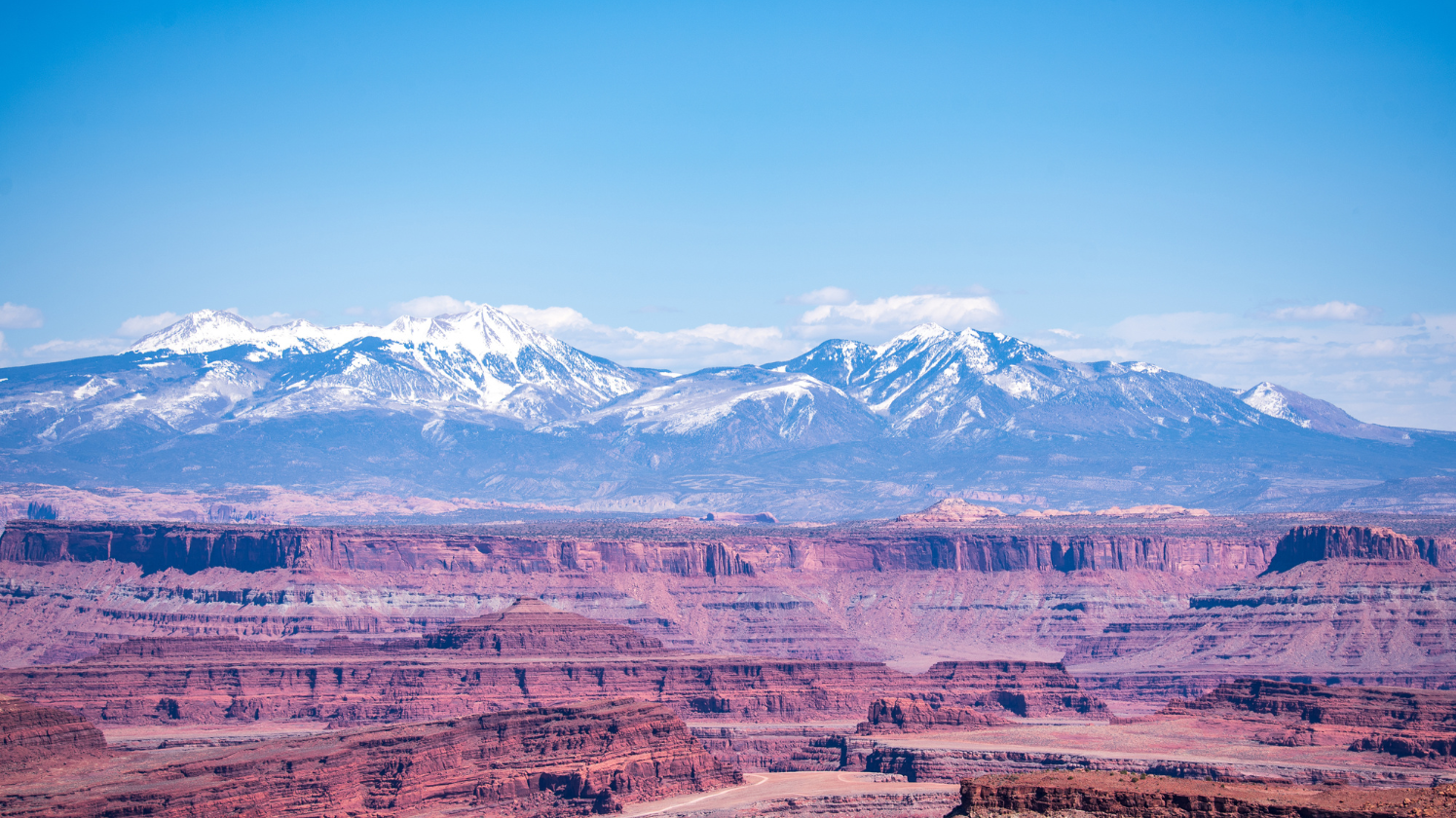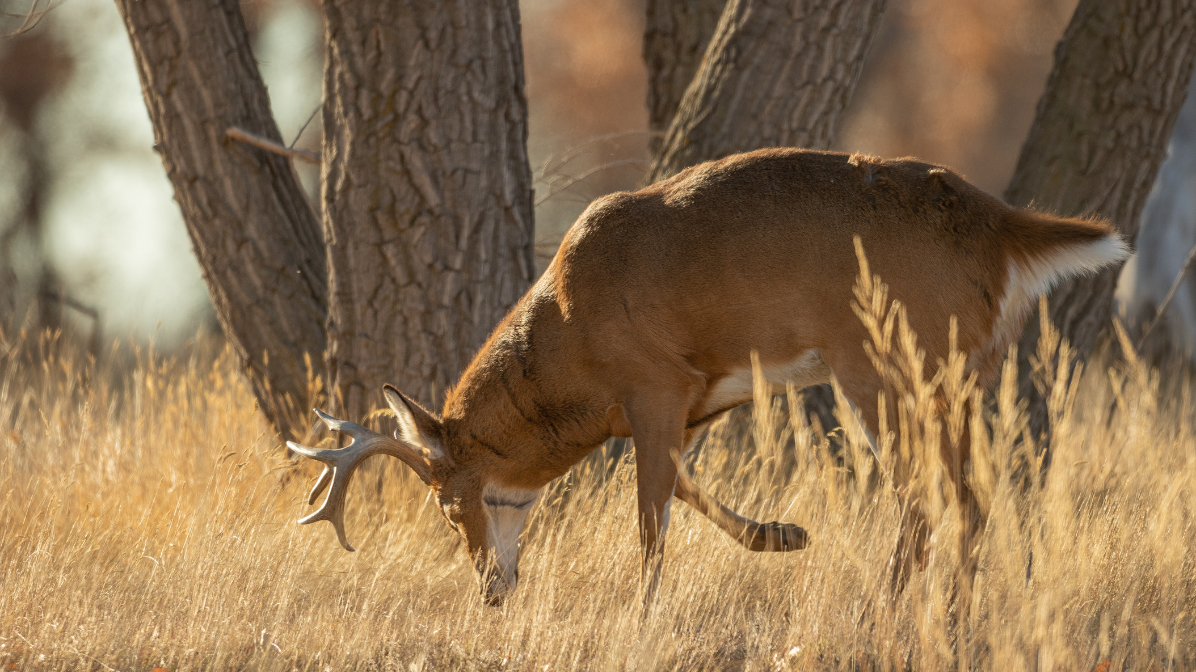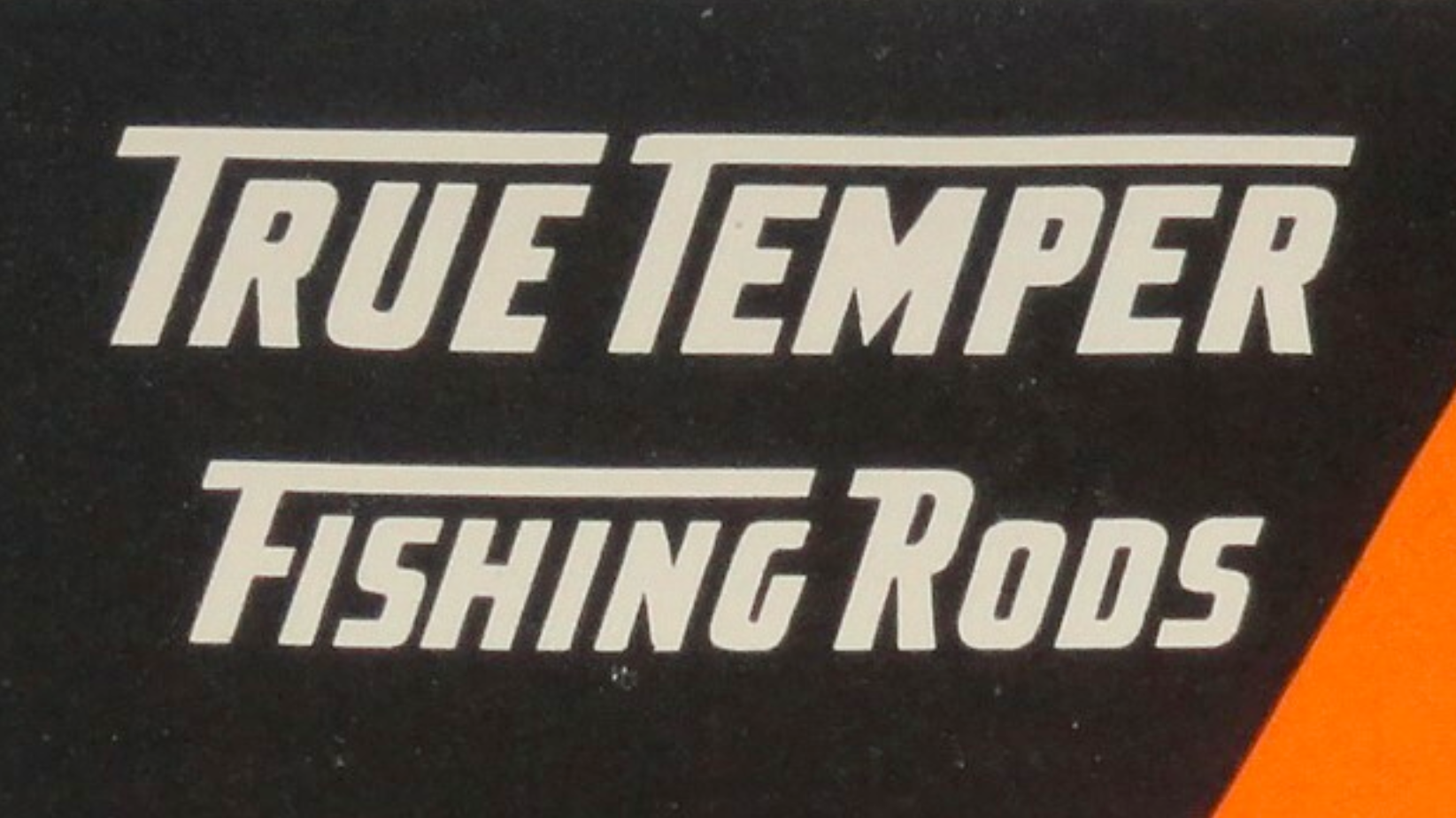The Fight to Keep Our Public Lands Public

Why Every Hunter, Angler, and Hiker Should Care About Proposed Public Land Sales
If you care about wide-open spaces, backcountry hunting spots, or quiet stretches of water to cast a line—pay attention. A recent proposal in the U.S. Senate aimed to authorize the sale of up to 2 million acres of public land, much of it managed by the Bureau of Land Management (BLM), spread across 11 Western states. That’s not just political chatter. That’s your deer stand, your family campsite, your access to the wild.
The bill came from Senator Mike Lee of Utah, who pitched the land sale as a way to raise funds for tax cuts and housing initiatives. But for those of us who rely on public land access for hunting, fishing, hiking, or just finding peace outdoors, this hits different. This isn’t a budget line—it’s a threat to our outdoor way of life.
Thankfully, the Senate parliamentarian blocked the proposal—for now—ruling it didn’t qualify for fast-track inclusion in the larger budget bill. But let’s not get too comfortable. A revised version is already being floated.

What’s Really at Stake With Public Land Sales?
These aren’t forgotten corners of desert scrub or some dry ranchland no one uses. These are places where generations have learned to hunt, built memories around campfires, or simply wandered off-trail to clear their heads. When public land gets sold, it’s often fenced off and gone forever.
Here’s what we could lose:
- Affordable, equitable access to the outdoors – No private lease or membership required.
- Vital wildlife habitat – These lands support elk migrations, waterfowl flyways, and diverse ecosystems.
-
Outdoor tradition – From small game hunting and shed hunting to backpacking and mountain biking, these activities are tied to our culture and identity.
And when those lands are bought up? The gates go up. Roads get closed. “No Trespassing” signs sprout like weeds. The two-track road you’ve driven since your first season suddenly leads to a padlocked gate and silence.
Why Hunters, Anglers, and Hikers Need to Speak Up
Public lands are the great equalizer. Whether you're a first-time angler or a lifelong bowhunter, whether you live in a city or on a back road, BLM and federal lands belong to all of us. You don’t need a deed or a trust fund to roam here. You just need a pair of boots and a free Saturday.
Groups like Backcountry Hunters & Anglers, state-level conservation coalitions, and tribal leaders understand what’s at stake. They're already organizing to push back. Because once land is privatized, it rarely—if ever—becomes public again.
And make no mistake: this fight isn’t just emotional. It’s economic. The outdoor recreation industry generates over $1 trillion annually and supports more than 5 million jobs nationwide. When public lands are sold off, those jobs and local economies take a hit.
This Isn’t the First Threat—And It Won’t Be the Last
If you’ve been in the game long enough, you’ve seen this story before. Lawmakers framing land transfers as "common sense" or "fiscal responsibility." But behind the curtain, it's often about sweetheart deals and shifting public assets into private hands. These attempts have popped up in state legislatures and federal chambers alike.
The difference now is the scale—and the momentum. A proposal to offload 2 million acres isn’t just symbolic. That’s a full-blown land grab.
What You Can Do to Help Protect Public Lands
If you’ve ever glassed a ridgeline at dawn, or hauled out a trout on a BLM riverbank, this is your fight. Here’s how you can step in:
- Stay Informed - Follow trusted conservation groups and news sources. Proposed land sales often move quietly through legislation before the public catches wind.
- Join Conservation Organizations - Whether it’s Backcountry Hunters & Anglers, the Theodore Roosevelt Conservation Partnership, or your state’s wildlife federation, these folks are your boots on the ground.
- Call or Write Your Representatives - Tell them you oppose selling off public lands. Be specific. Be firm. Be respectful.
-
Support Businesses That Support Public Lands - Vote with your wallet. Many outdoor brands directly contribute to conservation or lobby to protect access.

Final Word: These Lands Are Not Surplus
If you’ve ever driven a dusty two-track road into the hills with nothing but time and a tag in your pocket, you already know: public land isn’t extra—it’s essential. It’s where stories are made, where kids fall in love with the outdoors, and where ordinary folks can chase game or solitude without a “members only” sign.
These lands aren’t just public. They’re ours. And it’s up to us to speak up when someone tries to take them away.
Enjoyed this post? If you're heading to a national park this year, don’t miss our guide on bison encounters and how to stay safe in Yellowstone.




